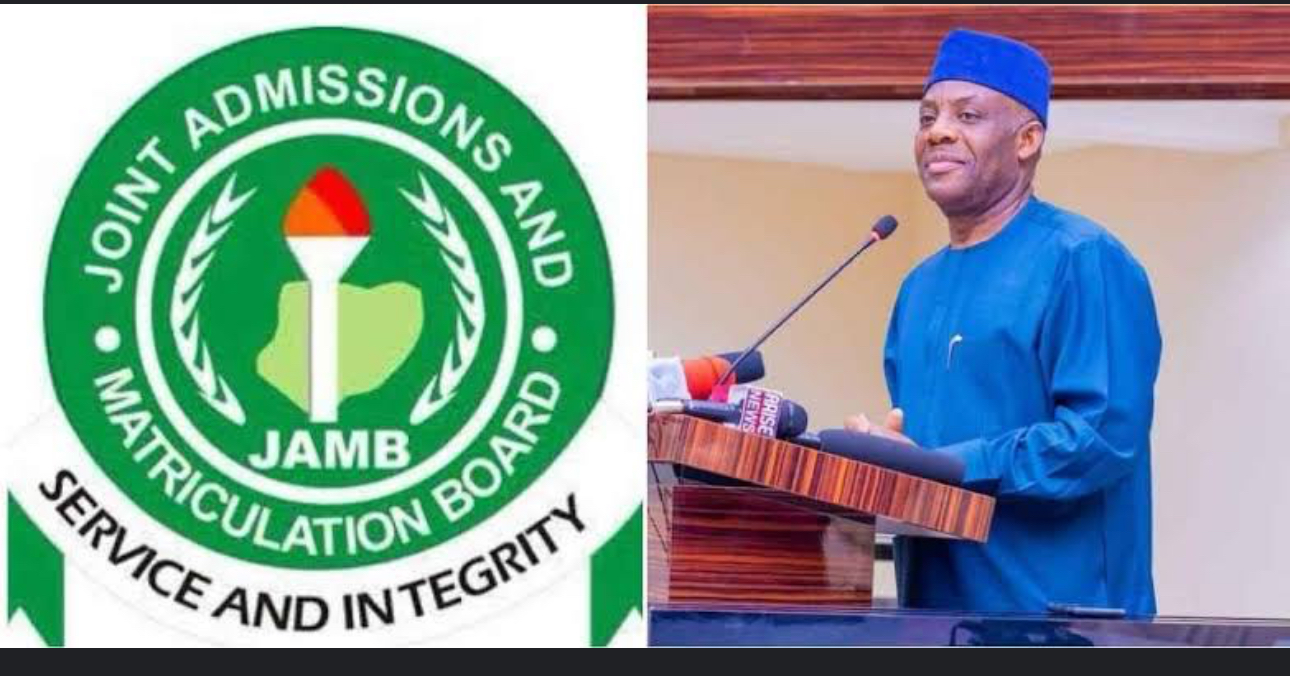Mass Failure Proves JAMB Anti-Cheating Measures Are Working, Says Education Minister

The Minister of Education, Dr. Tunji Alausa, has attributed the recent mass failure in the 2025 Unified Tertiary Matriculation Examination (UTME) to the government’s heightened anti-cheating efforts, asserting that the results reflect progress in combating examination malpractice rather than a decline in student capability.
In a public statement, Dr. Alausa emphasized that the poor performance should not be seen as a failure of the students, but as a sign that previously undetected cheating has now been largely eliminated due to improved security protocols. According to him, the Joint Admissions and Matriculation Board (JAMB) has significantly enhanced its credibility through strict implementation of Computer-Based Testing (CBT), which has made it increasingly difficult to manipulate results or cheat during exams.
“This mass failure is not about a drop in intelligence or learning. It is a direct consequence of the integrity being restored in our examination system. JAMB’s systems have become near-impossible to cheat,” Alausa stated.
He further noted that while JAMB has set a strong example, other national examination bodies such as the West African Examinations Council (WAEC) and the National Examinations Council (NECO) still grapple with widespread malpractice. To address this, the federal government plans to extend the CBT system to both WAEC and NECO, beginning with multiple-choice sections in November 2025, and expanding to full CBT, including essay questions, by May/June 2026.
The Minister condemned the existence of so-called “miracle centres” – unauthorized venues where candidates are assisted in cheating – calling them detrimental to honest students and damaging to the nation’s academic reputation.
“The presence of these centres robs diligent students of their future and erodes public trust. We are committed to eradicating such practices using technology and policy,” he said.
In response to the widespread failure, the Ministry of Education has established a high-level committee led by JAMB Registrar, Professor Is-haq Oloyede. The committee is tasked with assessing current examination practices, recommending reforms, and ensuring that Nigeria’s examination bodies maintain high standards of integrity and fairness.
However, not all stakeholders are satisfied with the government’s stance. Former presidential candidate Peter Obi has voiced concern that the mass failure is symptomatic of deeper issues plaguing Nigeria’s education system, such as chronic underfunding, inadequate infrastructure, and poor teacher training. He called for comprehensive reforms beyond anti-cheating measures.
Dr. Alausa acknowledged these concerns but maintained that restoring credibility to examinations is a crucial first step.
“We must create a system where hard work is rewarded and integrity upheld. This is the only way we can build a future-ready generation,” he concluded.
The 2025 UTME results have sparked nationwide debate, but the government insists that its approach is vital to transforming the education sector and preparing Nigerian students for global competitiveness.









